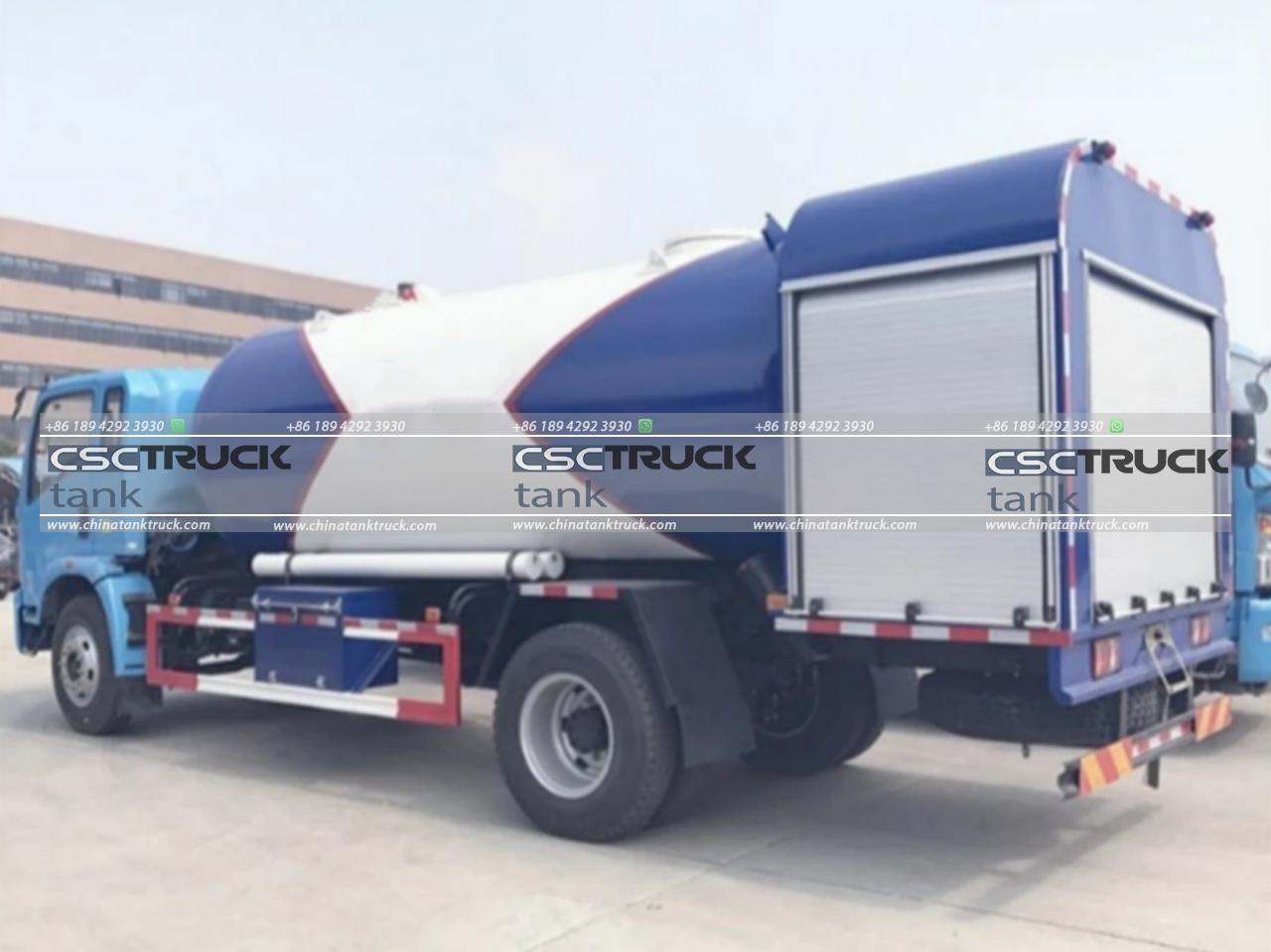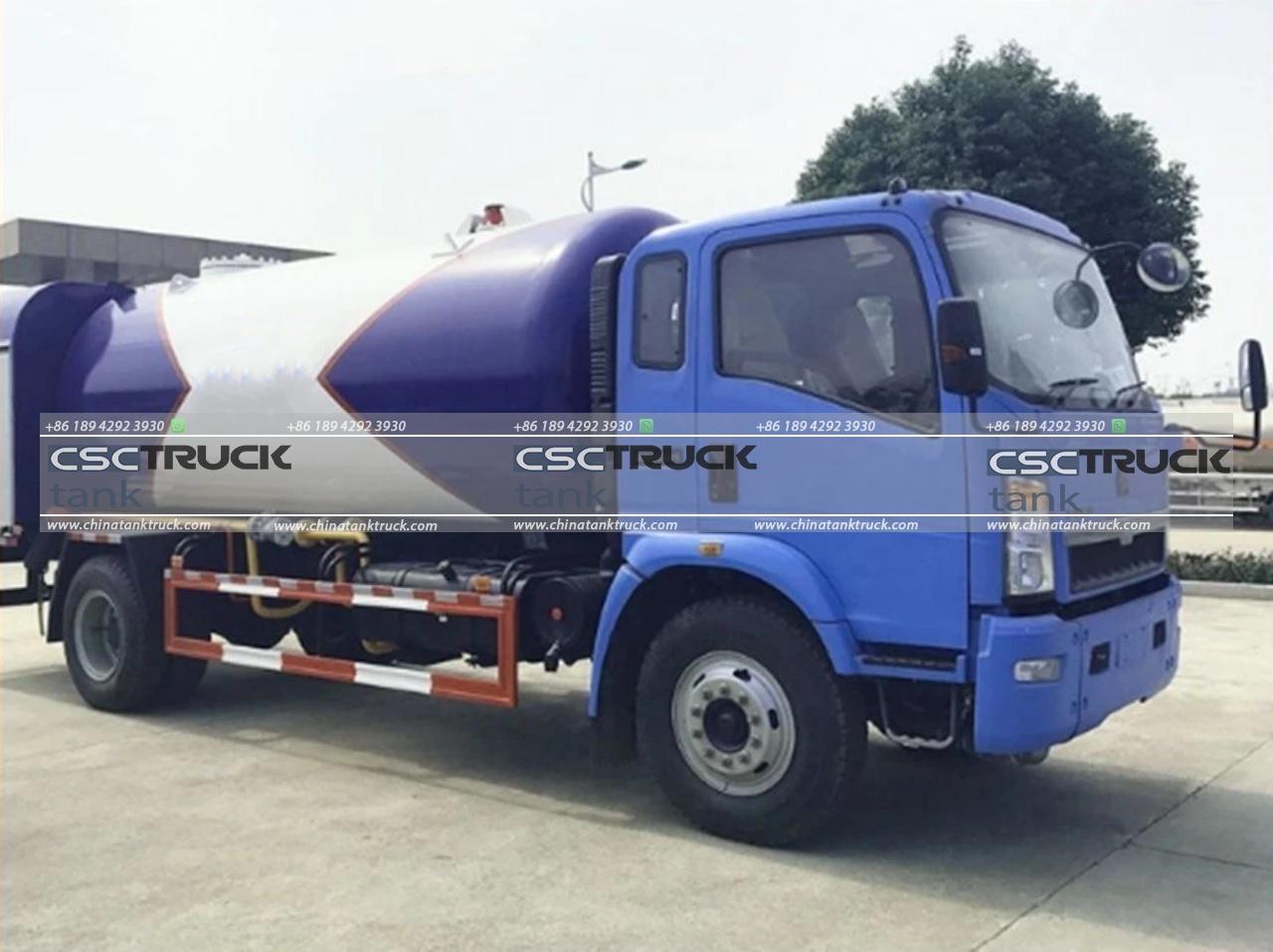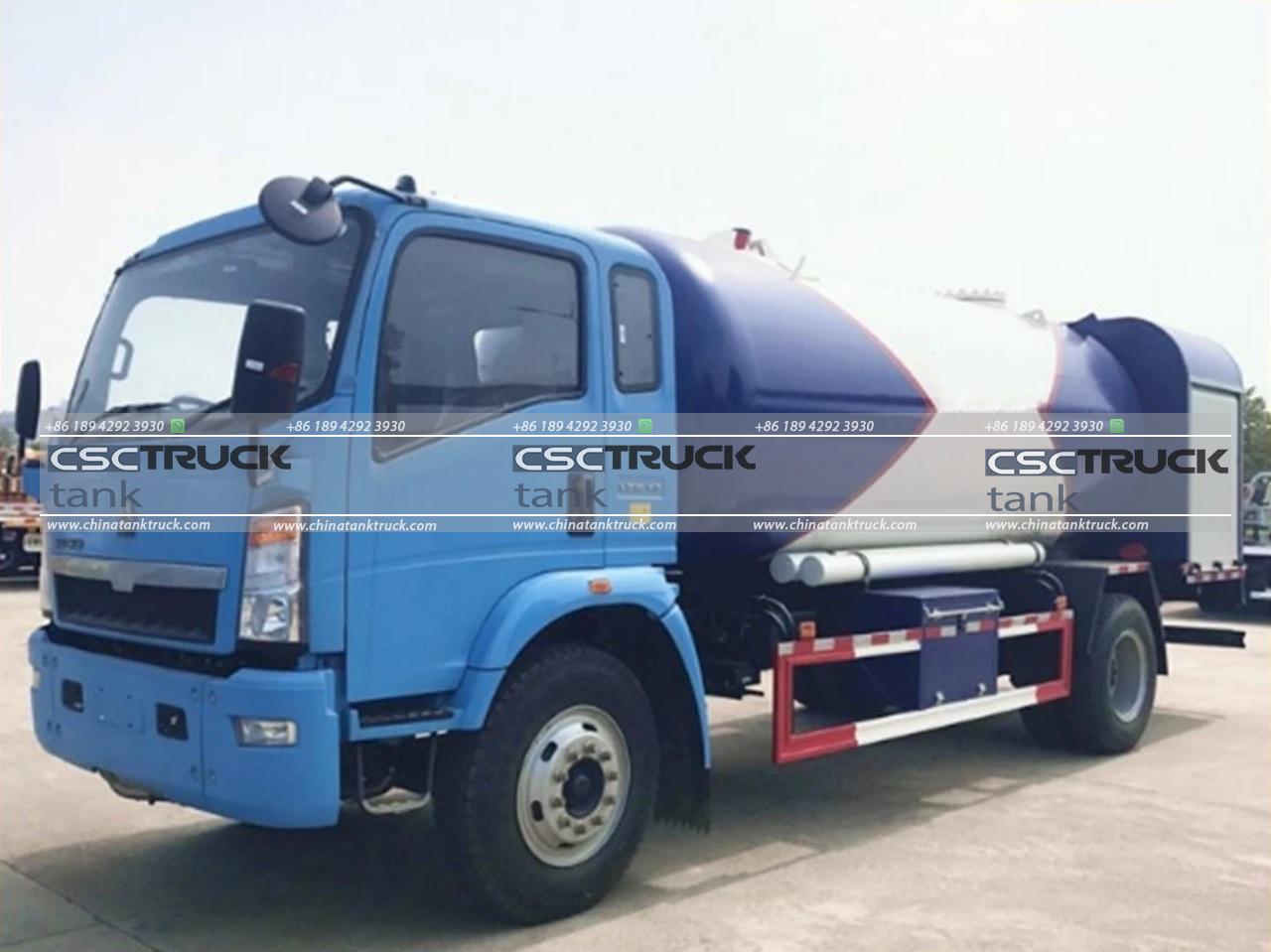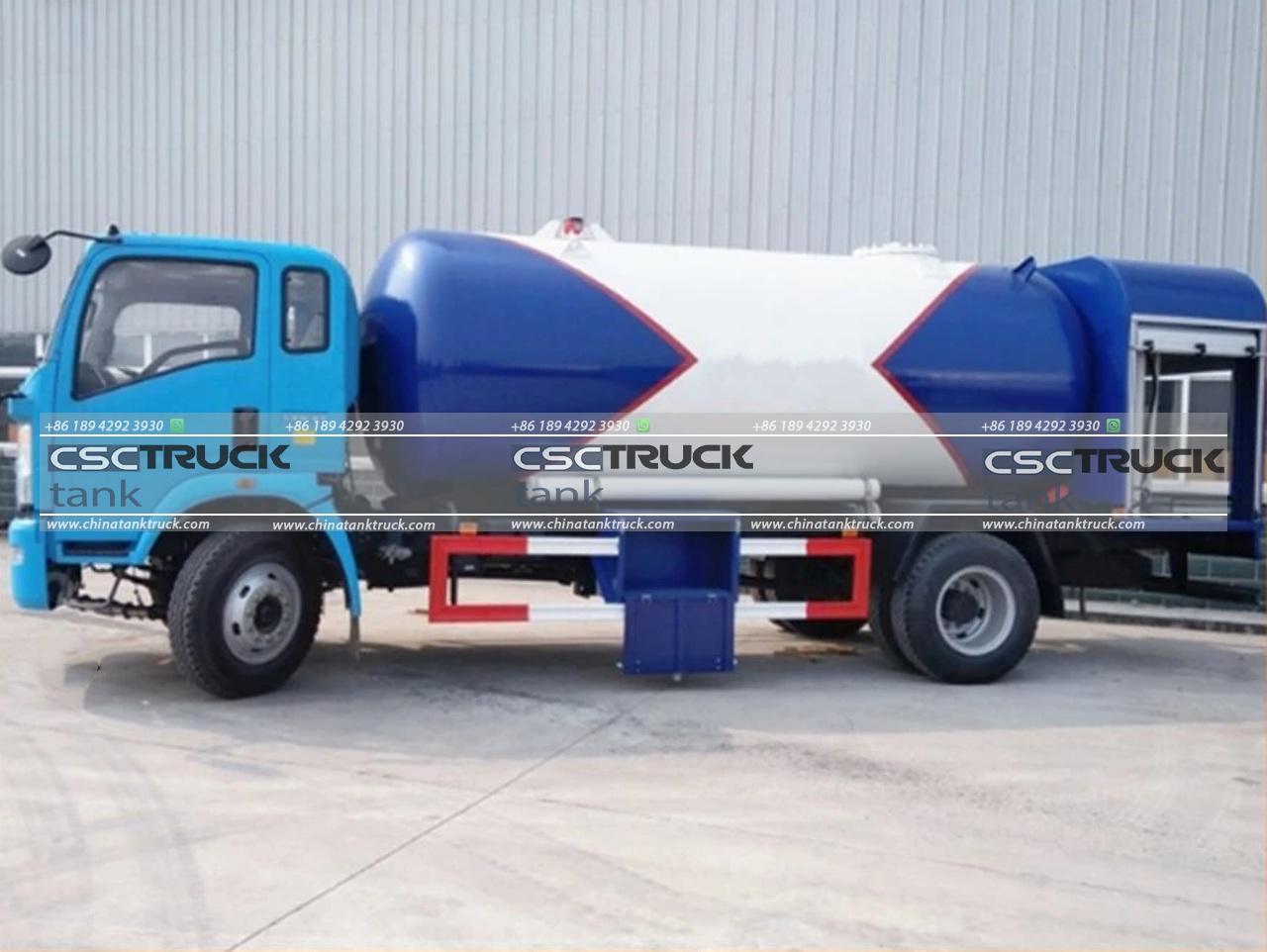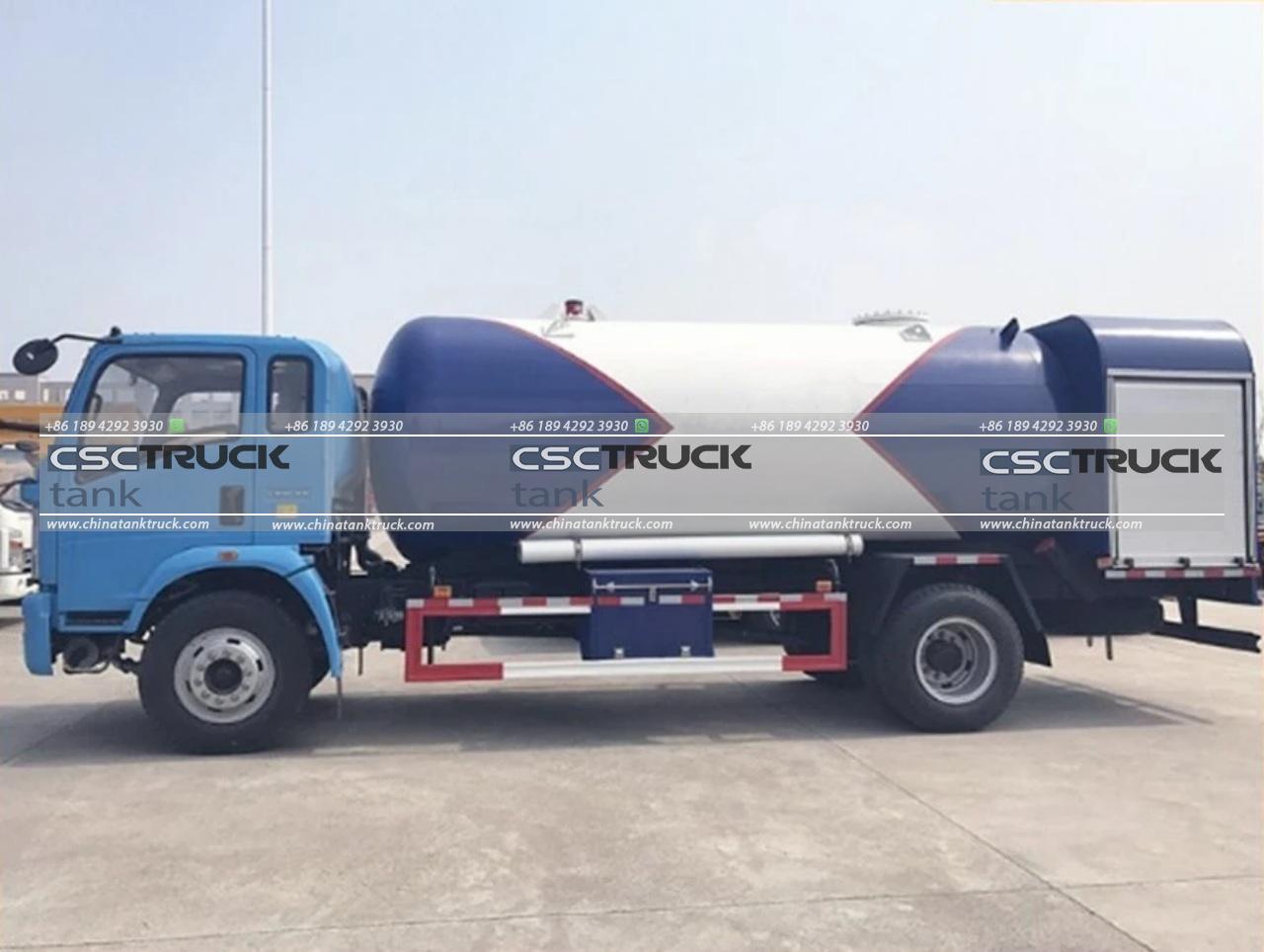Does Propane Go Bad?
Propane is a widely used fuel for heating, cooking, and powering various appliances and equipment. From grilling on a summer evening to keeping your home warm in the winter, propane’s versatility makes it a popular choice for many. However, one question that often arises is: Does propane go bad? Understanding the properties of propane and how to store it properly can help you maximize its use and ensure safety.
What Is Propane?
Propane is a hydrocarbon gas that falls under the category of liquefied petroleum gas (LPG). It is stored in a liquid state under pressure and converts to gas when released from its container. Propane is prized for its clean-burning properties, high energy output, and stability, making it ideal for various applications, including residential, industrial, and agricultural use.
Does Propane Expire?
The straightforward answer is no, propane does not go bad. Unlike gasoline or diesel, propane is a remarkably stable compound. It does not degrade over time, separate into components, or lose its combustibility. This stability is primarily due to propane’s chemical composition.
Because propane is stored in a sealed, pressurized container, it remains in its pure form, free from contaminants that could affect its quality. As long as the container remains intact and free from damage, the propane inside will be as good as the day it was filled.
Factors That Could Affect Propane Usage
While the propane itself does not go bad, there are external factors that could impact its usability or the performance of the equipment using it. These include:
1. Condition of the Storage Tank
The tank or cylinder in which propane is stored is crucial to maintaining its usability. Over time, a tank may develop rust, corrosion, or leaks, particularly if it’s exposed to harsh environmental conditions or is not maintained properly. These issues can compromise the safety and effectiveness of the propane supply.
2. Valves and Seals
The valves and seals on propane tanks can degrade with time, especially if they are not used regularly. Damaged valves can lead to gas leaks, which pose safety risks and waste fuel.
3. Contamination
While unlikely, contamination can occur if the tank has been improperly filled or handled. For example, moisture entering the tank can lead to rust, which might clog the system or damage appliances.
4. Regulators and Hoses
Propane is delivered to appliances through regulators and hoses. Over time, these components can wear out, crack, or become blocked, reducing efficiency or leading to leaks.
How to Store Propane Properly
Proper storage is essential to ensuring the safety and longevity of your propane supply. Here are some tips to keep your propane tanks in optimal condition:
1. Store in a Cool, Dry Place
Propane tanks should be stored in a location that is cool, dry, and well-ventilated. Avoid placing tanks in direct sunlight or areas where temperatures could exceed 120°F (49°C), as excessive heat can increase pressure inside the tank.
2. Keep Tanks Upright
Always store propane tanks in an upright position to ensure the safety valve functions correctly. Storing them on their side can increase the risk of leaks.
3. Inspect Regularly
Check tanks for signs of rust, dents, or corrosion. If you notice any damage, have the tank inspected by a professional or replace it.
4. Avoid Storing Indoors
For safety reasons, propane tanks should not be stored indoors or in enclosed spaces like garages, basements, or sheds. In the event of a leak, propane gas can accumulate and pose a risk of explosion.
5. Protect from the Elements
Use a protective cover or store the tank under a shelter to shield it from rain, snow, or excessive sunlight.
Shelf Life of Propane Tanks
While the propane itself does not expire, the tank or cylinder in which it is stored has a finite lifespan. In most regions, propane tanks are required to undergo re-certification or replacement after 10-12 years from the manufacturing date. This process ensures that the tank is still safe for use and free from defects that could lead to leaks or malfunctions.
Signs Your Propane Tank Needs Attention
Even though propane remains stable indefinitely, there are instances where you might need to address issues with your tank. Some signs to watch for include:
- Hissing Sounds: This could indicate a leak in the tank or valve.
- Rust or Corrosion: Excessive rust weakens the tank’s structure and could lead to leaks.
- Unusual Odor: Propane has an added odorant (similar to rotten eggs) to help detect leaks. A strong smell near your tank indicates a problem.
- Difficulty Lighting Appliances: If your propane appliances are not functioning correctly, it may be due to low pressure, leaks, or blockages in the delivery system.
How to Dispose of Old Propane Tanks
Even though propane doesn’t go bad, the tanks themselves eventually need to be replaced. Here are some steps for disposing of or recycling old propane tanks:
- Do Not Throw in Regular Trash: Propane tanks are considered hazardous materials and should never be discarded in regular garbage.
- Contact Your Supplier: Many propane suppliers offer recycling or disposal services for old tanks.
- Visit a Recycling Facility: Some local recycling centers accept propane tanks, provided they are emptied and prepared according to their guidelines.
- Community Hazardous Waste Collection: Check for local hazardous waste collection events where you can safely dispose of the tank.
Common Myths About Propane
1. Propane Freezes in Cold Weather
While propane’s boiling point is -44°F (-42°C), it is highly unlikely to freeze under normal conditions. However, extremely cold weather can reduce pressure in the tank, potentially affecting performance. Using a larger tank or insulating it can mitigate this issue.
2. Tanks Can Explode Easily
Propane tanks are designed with safety features that make explosions extremely rare. Proper maintenance and adherence to safety guidelines further reduce this risk.
3. All Tanks Are the Same
Not all propane tanks are created equal. Always purchase tanks from reputable suppliers and ensure they meet local safety standards.
Conclusion
Propane is an incredibly stable and reliable fuel source that does not go bad over time. Its long shelf life and versatility make it an excellent choice for both short-term and long-term needs. However, the key to maximizing its usefulness lies in proper storage, maintenance of the tank, and regular inspections.
By understanding the basics of propane storage and addressing potential issues with your tank, you can enjoy the benefits of propane safely and efficiently for years to come. Whether you’re grilling, heating, or powering appliances, propane’s enduring stability ensures it will be ready when you need it.
